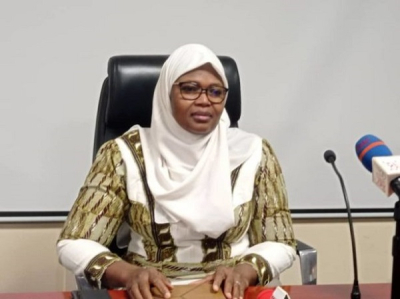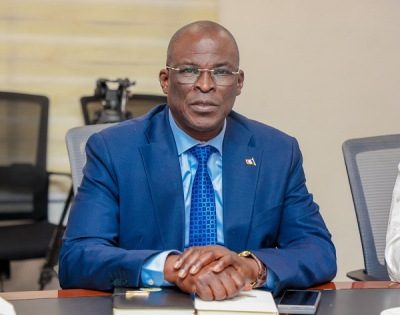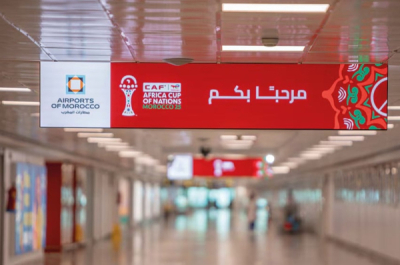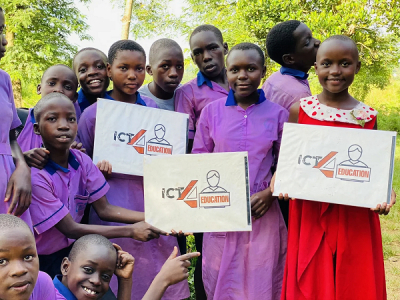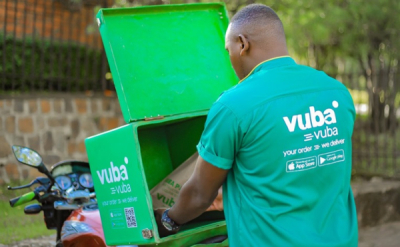Cybersecurity has become a significant concern for African countries in recent years. As African nations actively participate in the global technological revolution, they have also become increasingly vulnerable to cyber threats. The ongoing digital transformation across the continent has exposed the weaknesses and vulnerabilities present in Africa's cyberspace.
On Monday, July 1, Russian multinational information security company Kaspersky offered four recommendations to protect against online fraudsters in West Africa (commonly known as "brouteurs"). The recommendations include generating complex passwords, being wary of suspicious SMS messages, looking for the padlock symbol on websites, and downloading applications from reliable sources.
These recommendations follow a study conducted by the Russian cybersecurity firm in January 2024, surveying 200 people on mobile phone usage in West Africa. The study highlights the growing threats posed by "brouteurs," whose activities severely undermine digital trust and security in the region. Their scams range from social media impersonation, fake loans and scholarships, online purchases, and counterfeiting, to contests and competitions, as well as health and beauty scams, webcam schemes, and remote access frauds.
"With increasing Internet access in West Africa, online security is becoming a concern for local populations. In Côte d'Ivoire and Senegal, 46% of the population connects to the Internet daily, approximately 9.6 million users. [...] 50.5% of Ivorians and Senegalese use their mobile phones daily for professional and personal needs. Social networks are used by 87.7% of users, followed by video calls (68.1%) and geolocation applications (60.8%)," noted Kaspersky.
According to Kaspersky, increased connectivity exposes users to various cybercrime risks, including romance scams that exploit social media and communication platforms. These scams caused over $1.3 billion in global losses between 2017 and 2022, with an average loss of $4,400 per victim, according to Interpol.
In Africa, cybersecurity issues are still rarely addressed at the national level due to a lack of skills or infrastructure. According to the 2020 edition of the "Global Cybersecurity Index" report published by the International Telecommunication Union, the cybersecurity indices of Côte d'Ivoire and Senegal were 67.82 (11th place) and 35.85 (18th place) respectively. Several countries in the region, such as Mali (10.14), Niger (11.36), and Guinea (20.53), are more vulnerable.
However, authorities in various countries are increasingly taking measures to secure their cyberspace. They are implementing national cybersecurity strategies, establishing national computer incident response teams, and joining conventions such as the Malabo Convention on Cybersecurity and Personal Data Protection and the Budapest Convention on Cybercrime.
Adoni Conrad Quenum




